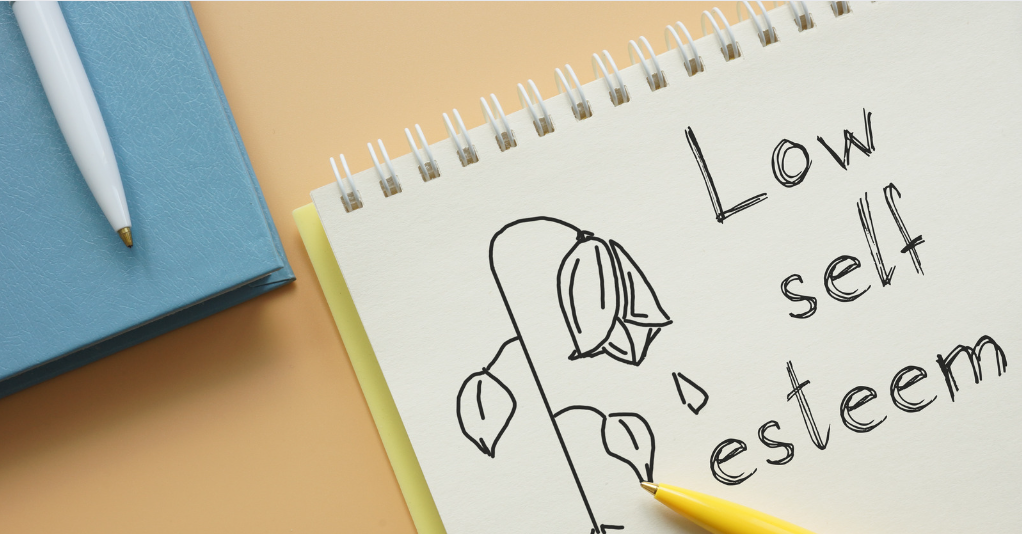
Yes, it is possible to have high self-esteem and low self-worth simultaneously, though the distinction between the two concepts is nuanced and often overlapping. Here’s how this paradox can manifest:
Self-Esteem vs. Self-Worth
- Self-Esteem: This is often tied to achievements, skills, or how competent and capable you perceive yourself to be. It’s external and situational, influenced by validation, accomplishments, or how you compare yourself to others.
- Self-Worth: This reflects a deeper, intrinsic sense of value as a human being, independent of achievements, external validation, or social status. It’s about believing you’re inherently worthy of love, respect, and happiness.
How They Can Diverge
- High Self-Esteem, Low Self-Worth:
- Someone might feel confident in their abilities (e.g., excelling at work or being socially adept) but struggle to believe they are fundamentally valuable or lovable.
- Example: A highly successful professional who thrives on external validation but feels empty or unworthy when alone or not performing.
- Root causes could include unresolved emotional wounds, negative self-beliefs from childhood, or a sense of conditional worth tied only to achievements.
- Low Self-Esteem, High Self-Worth:
- Conversely, someone may not feel particularly skilled or accomplished but still hold a strong belief that they deserve love and respect just for being who they are.
- Example: A person who struggles with self-doubt about their talents but maintains a sense of inner peace and self-compassion.
Factors That Influence This Split
- External Validation: If a person relies heavily on external achievements or praise, self-esteem may rise while self-worth remains low because their value feels conditional.
- Cognitive Dissonance: A gap between how someone perceives themselves externally versus internally can lead to this duality.
- Unhealed Trauma: Past experiences (e.g., neglect, rejection) may erode self-worth even if external factors boost self-esteem.
Building Alignment
To reconcile this gap:
Reflect on beliefs about self-worth and identify any conditions you may unconsciously attach to your value.
Cultivate unconditional self-acceptance, separating your value as a person from achievements or external validation.
Engage in self-compassion practices, such as affirmations or mindfulness, to nurture intrinsic worth.
It’s important to remember that everyone’s self-perception is complex and can be influenced by various factors such as upbringing, experiences, and mental health. If you find yourself in this situation, explore these feelings further, perhaps through self-reflection, self worth empowerment coaching, or talking to someone you trust. Remember, seeking support and working towards building a healthier and more balanced view of yourself is okay.
Help to Improve Self Worth

If you would like to improve your self-worth with the help of someone who can guide you through the journey get in touch with Endre Hoffmann a self worth mentor offering virtual appointments.
Don’t just take Endre’s word for it. See what others have experienced by reading and watching their client stories. Self-worth transformations are ongoing 24/7
Endre works with people one-on-one and also provides self worth courses and a range of self worth resources
Languages – English & Hungarian
Connect via emal, phone, skype.
